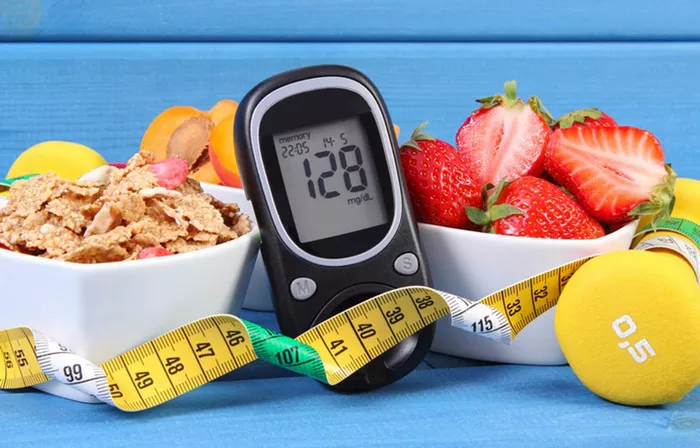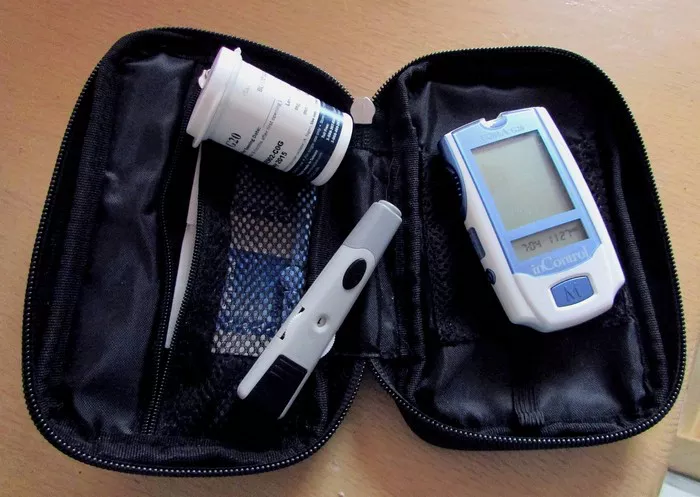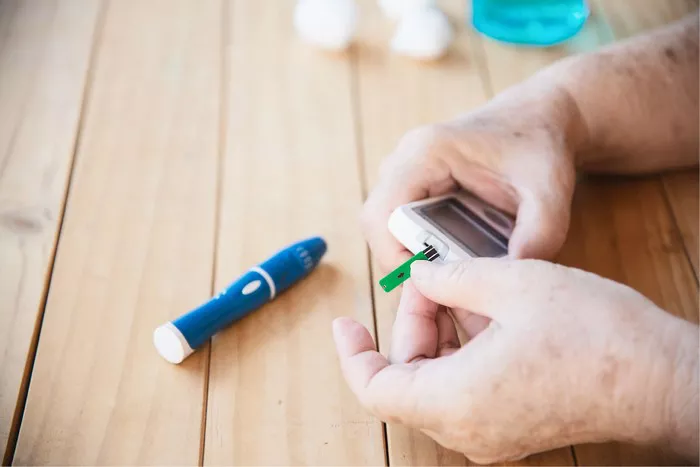Maintaining normal glucose serum levels is critical for overall health, particularly in the prevention and management of diabetes. This article aims to provide an in-depth understanding of what constitutes normal glucose serum levels, factors influencing these levels, and the implications of deviations from the norm.
What Are Normal Glucose Serum Levels?
Normal glucose serum levels, often referred to as blood sugar levels, indicate the amount of glucose present in the bloodstream. Glucose is a vital source of energy for the body’s cells and is obtained from the foods we eat. The regulation of blood glucose is a complex process involving multiple organs, primarily the pancreas, liver, and muscles.
Fasting Blood Glucose Levels
Fasting blood glucose levels are measured after an individual has not eaten for at least 8 hours. According to the American Diabetes Association (ADA), normal fasting blood glucose levels for non-diabetic individuals range from 70 to 99 mg/dL (3.9 to 5.5 mmol/L). Levels from 100 to 125 mg/dL (5.6 to 6.9 mmol/L) indicate prediabetes, while levels of 126 mg/dL (7.0 mmol/L) or higher on two separate occasions are diagnostic of diabetes.
Postprandial Blood Glucose Levels
Postprandial blood glucose levels are measured two hours after eating. For non-diabetic individuals, normal postprandial levels should be less than 140 mg/dL (7.8 mmol/L). Levels between 140 and 199 mg/dL (7.8 to 11.0 mmol/L) suggest prediabetes, and levels of 200 mg/dL (11.1 mmol/L) or higher may indicate diabetes.
Glycated Hemoglobin (HbA1c)
HbA1c provides an average blood glucose level over the past two to three months. It measures the percentage of glucose attached to hemoglobin in the blood. The ADA defines normal HbA1c levels as below 5.7%. Levels between 5.7% and 6.4% signify prediabetes, while levels of 6.5% or higher are indicative of diabetes.
Factors Influencing Glucose Serum Levels
Blood glucose levels are influenced by various factors including diet, physical activity, medications, and overall health. Understanding these factors can help in maintaining normal glucose levels and preventing fluctuations.
Diet and Nutrition
Carbohydrates have the most immediate and significant impact on blood glucose levels. Foods high in simple sugars cause rapid spikes in glucose, whereas complex carbohydrates result in more gradual increases. Protein and fats also affect glucose levels, but their impact is slower and more prolonged.
Physical Activity
Exercise increases insulin sensitivity, allowing cells to use glucose more effectively and reducing blood glucose levels. Both aerobic and resistance training are beneficial for glucose regulation.
Medications
Certain medications, particularly insulin and oral hypoglycemic agents, are used to manage blood glucose levels in diabetic patients. However, other medications, such as corticosteroids and some antihypertensives, can raise blood glucose levels.
Stress and Illness
Stress and illness trigger the release of stress hormones like cortisol and adrenaline, which can elevate blood glucose levels. This is a common phenomenon in both diabetic and non-diabetic individuals.
Implications of Abnormal Glucose Serum Levels
Deviations from normal glucose serum levels can have significant health implications. Chronic high blood glucose levels (hyperglycemia) and low blood glucose levels (hypoglycemia) both pose risks.
Hyperglycemia
Hyperglycemia occurs when blood glucose levels are consistently elevated. Chronic hyperglycemia is a hallmark of diabetes and can lead to complications such as cardiovascular disease, neuropathy, nephropathy, and retinopathy.
Hypoglycemia
Hypoglycemia is characterized by abnormally low blood glucose levels, typically below 70 mg/dL (3.9 mmol/L). Symptoms include shakiness, confusion, sweating, and in severe cases, loss of consciousness. It is most commonly seen in diabetic patients as a side effect of insulin or other glucose-lowering medications.
Monitoring and Managing Glucose Serum Levels
Effective monitoring and management of glucose serum levels are crucial for preventing complications associated with abnormal levels. This involves regular blood glucose testing, adopting a healthy lifestyle, and, for diabetic patients, adherence to prescribed medication regimens.
Self-Monitoring of Blood Glucose (SMBG)
Self-monitoring involves using a glucometer to check blood glucose levels at home. This is particularly important for diabetic patients to manage their condition and adjust their treatment plans accordingly.
Continuous Glucose Monitoring (CGM)
CGM systems provide real-time glucose readings and trends, allowing for more precise management. These devices are especially useful for patients with type 1 diabetes or those experiencing frequent hypoglycemia.
Lifestyle Modifications
Dietary changes, increased physical activity, and weight management are key components of maintaining normal glucose levels. A balanced diet rich in fiber, lean proteins, and healthy fats, combined with regular exercise, can significantly improve blood glucose control.
The Role of Healthcare Providers
Healthcare providers play a crucial role in educating patients about the importance of maintaining normal glucose serum levels and providing the tools and support needed to achieve this goal. This includes regular screenings, personalized treatment plans, and continuous education on lifestyle and dietary habits.
Patient Education
Educating patients about the impact of different foods, physical activity, and stress on blood glucose levels is essential. Empowering patients with knowledge enables them to make informed decisions and take proactive steps in managing their health.
Personalized Treatment Plans
Each patient’s situation is unique, requiring personalized treatment plans that take into account individual health status, lifestyle, and preferences. This might include specific dietary recommendations, tailored exercise programs, and appropriate medication regimens.
Advances in Glucose Monitoring Technology
Advancements in technology have significantly improved the management of glucose levels. From more accurate glucometers to sophisticated CGM systems, these tools provide valuable data that help patients and healthcare providers make better-informed decisions.
Artificial Pancreas Systems
Artificial pancreas systems, which combine CGM and insulin pump technology, automatically adjust insulin delivery based on glucose readings. These systems aim to maintain blood glucose levels within a target range, reducing the burden of constant monitoring and adjustment for patients.
Smart Insulin Pens
Smart insulin pens track insulin doses and provide reminders, helping patients manage their insulin therapy more effectively. They can also sync with mobile apps to provide detailed insights into glucose patterns and insulin usage.
The Future of Glucose Monitoring
The future of glucose monitoring holds promise for even more advanced and user-friendly technologies. Research is ongoing into non-invasive glucose monitoring methods, such as glucose-sensing contact lenses and wearable devices, which could revolutionize diabetes management.
Conclusion
Maintaining normal glucose serum levels is fundamental to overall health and the prevention of diabetes-related complications. Understanding the factors that influence glucose levels, the implications of abnormal levels, and the importance of regular monitoring and management is essential. Through education, personalized care, and the use of advanced technologies, both healthcare providers and patients can work together to achieve optimal glucose control and improve quality of life.
Related topics:
Understanding Diabetes: Managing Blood Glucose Level
























